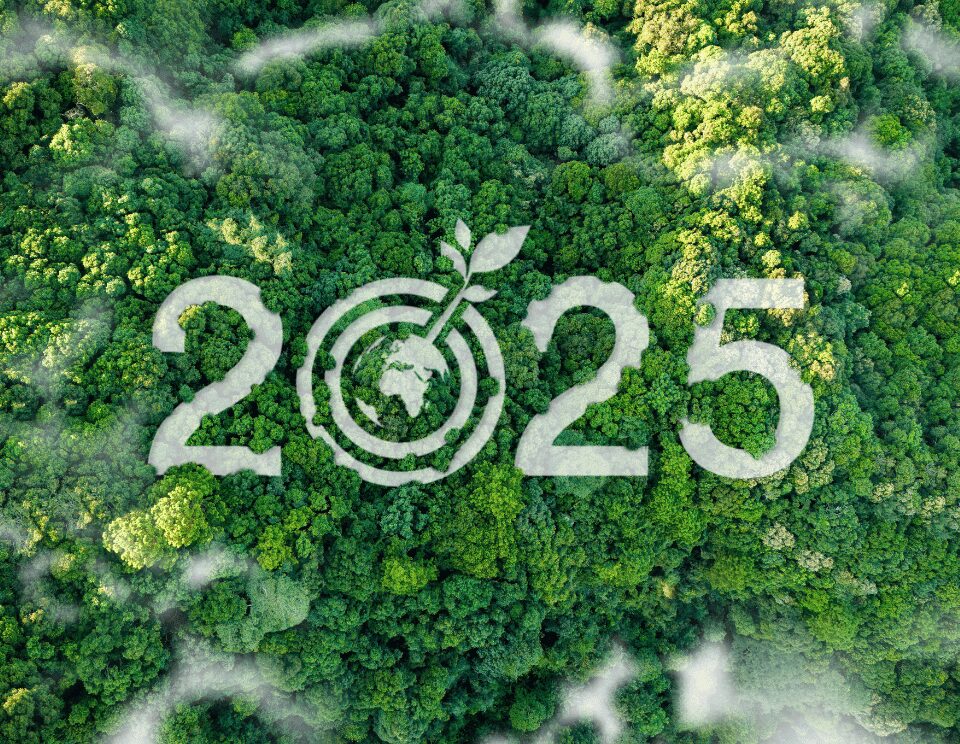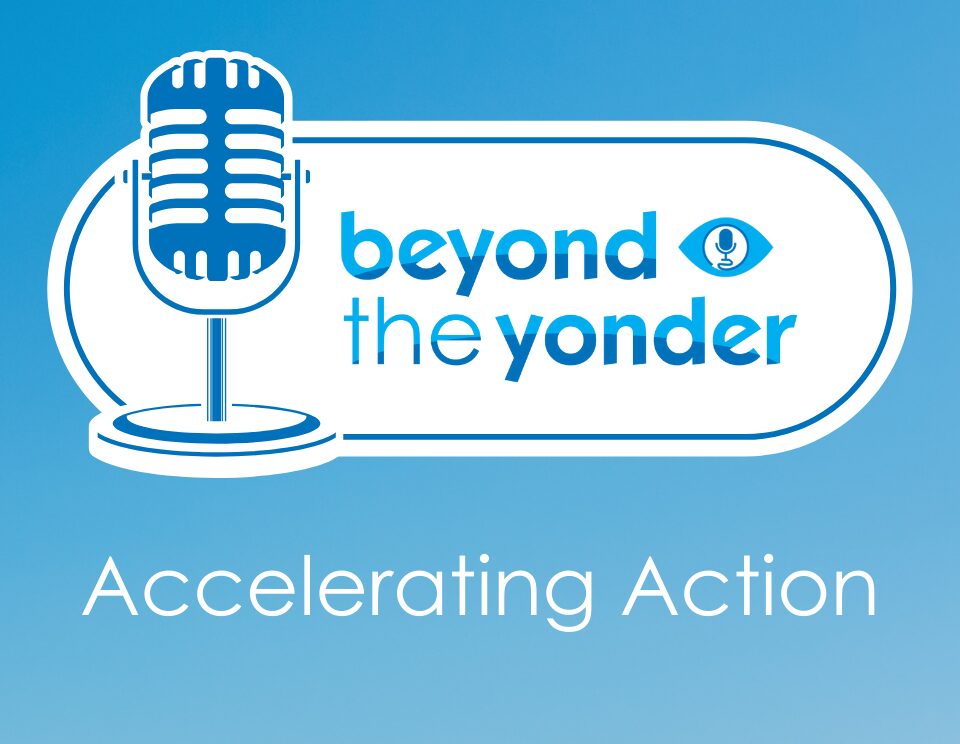Unpicking Sustainability In the Real World
Bridging the gap between what people want from brands, and why they actually buy them
Nobody wants the brands they buy to actively hurt the planet, yet everyday millions of products are sold that ultimately have a negative environmental impact. Richard Heath explores the complex relationships between people’s views on sustainability and their purchase behaviour. Using practical techniques and case studies, he aims to help brands understand what sustainability means to them – and where to focus for growth.
What you’ll learn…
- A clear perspective on what we mean by sustainability
- Where to focus to ensure brands get sustainability right on their terms
- An understanding of the limitations and dangers in oversimplifying purchase hierarchies
- Practical thinking for brand owners and market researchers to help unpick what can be very complex relationships between people’s views on sustainability and purchase behaviour
Consumers may not set out to do harm to the planet with their purchasing decisions, but every day millions of products are sold that lead to fossil fuel extraction and burning, generate vast global supply chains, create tons and tons of non-recyclable waste and generally create untold havoc for the natural world around us.
So, are we all bad people? No. We are just people with needs and priorities. For brands to drive sustainability agendas, they must understand in detail why people are buying them in the first place. Traditional or basic market research approaches can lead to over simplistic ‘purchase hierarchies’. These lead brand owners to believe sustainability is not important to their brand, or to believe it is an issue other brands need to lead.
In this Professional Webinar, Richard Heath defines what ‘sustainability’ actually is, before walking through practical techniques and case studies which can help brands understand what sustainability means to them, and therefore where to focus for growth. Because sustainability does matter to growth – it’s just not often a simple relationship – and it’s most definitely not a tick box.






Stay In Touch